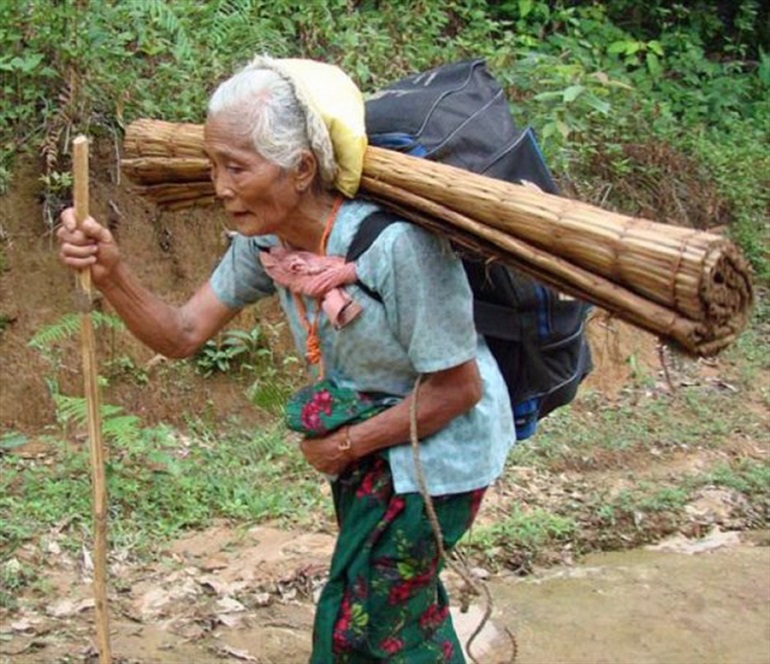
Myanmar has blocked humanitarian aid to tens of thousands of forcibly displaced people in the ongoing war in northern Kachin state – for over seven years – says humanitarian group Fortify Rights in a new report.
“Consecutive governments and the military have wilfully obstructed local and international aid groups, denying Kachin civilians access to aid,” said Matthew Smith, Chief Executive Officer of the Southeast Asia-based group. “This may amount to a war crime, giving even more reason for the UN Security Council to refer Myanmar to the International Criminal Court.”
The report, “They Block Everything: Avoidable Deprivations in Humanitarian Aid to Ethnic Civilians Displaced by War in Kachin State, Myanmar”, details how Myanmar has used restrictions on food, healthcare, shelter, water, and sanitation as a weapon in its ongoing war against the Kachin Independence Army (KIA) in the majority-Christian state.
The KIA is the armed wing of the Kachin Independence Organisation (KIO) that has fought for autonomy since the early 1960s, when then-Burmese Prime Minister U Nu made Buddhism the state religion.
The government uses “travel-authorisation” as a means to block or slow down the delivery of aid and humanitarian access to the displaced in Kachin, violating international humanitarian law. As a result, aid groups have stopped applying for travel permits to access the area, so that people have to leave their displacement camps to find food and essential items, putting themselves in danger of landmines, armed conflict and exploitation, according to Fortify Rights.
Those who have been offering support to civilians caught in the violence, such as the Kachin Baptist Convention, are accused by Myanmar’s government of aiding a “terrorist group”.
Punishment for violating Article 17(1) of the Unlawful Associations Act for delivering aid in areas under control of the KIA carries a sentence of three years in prison and/or a fine, the report said.
World Watch Monitor has reported in the past that rape and murder appear to have been used as a “weapon of war”.
Background
Thousands have been killed and at least 120,000 displaced in fighting between the KIA and the Burmese army, which started when the military seized control of the country in 1962, as World Watch Monitor has reported.
On 27 August, the UN Fact-Finding Mission to Myanmar released findings that the country’s authorities “frequently and arbitrarily denied” humanitarian aid to civilians in Kachin, as well as in Rakhine state. The independent mission said that Myanmar’s top generals should face prosecution for crimes against humanity and war crimes in Kachin, Rakhine, and Shan states.
The UN Special Rapporteur on the situation of human rights in Myanmar, Yanghee Lee, had on 1 May noted that “any wilful impediment of relief supplies” to civilians in Kachin state “may amount to war crimes under international law”.
Aid to another majority-Christian ethnic tribe, the Karen, has also dwindled over the years as Myanmar’s government told international donors that it had achieved peace with the Karen. This led to aid being channelled towards other emergencies, including the Rohingya crisis, while more than 100,000 members of the tribe languish in refugee camps just across the border with Thailand.